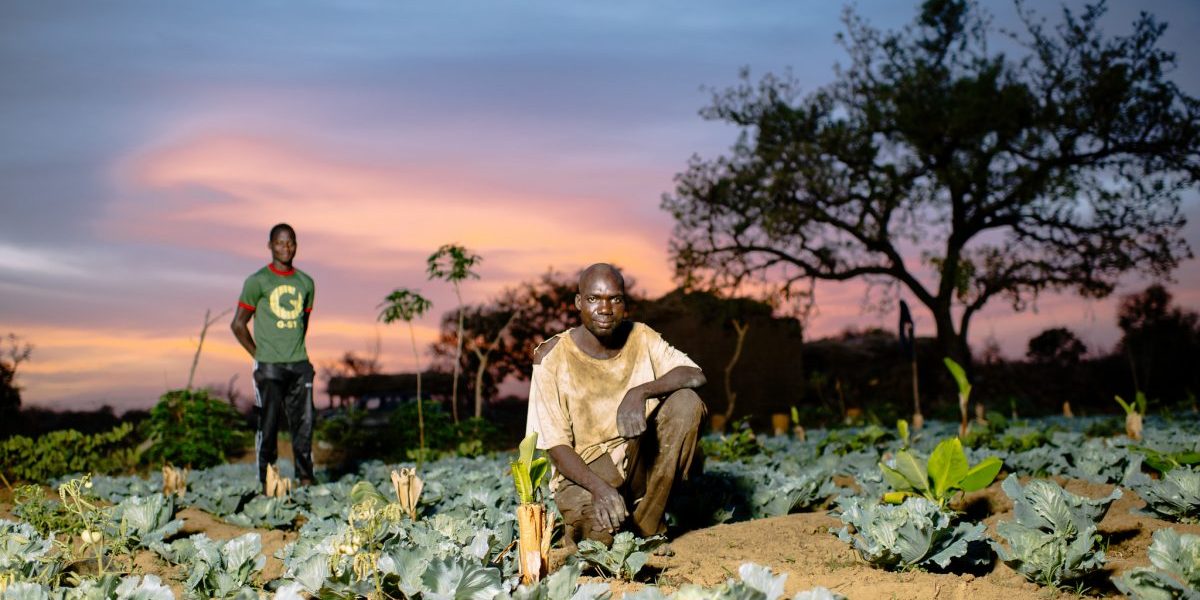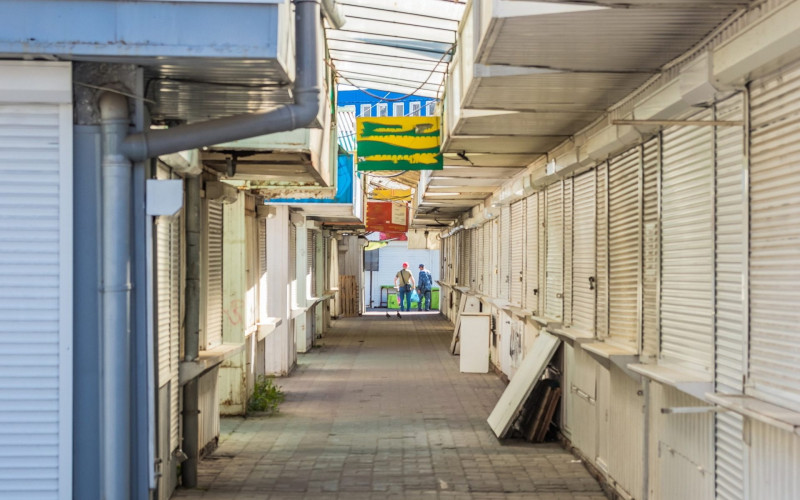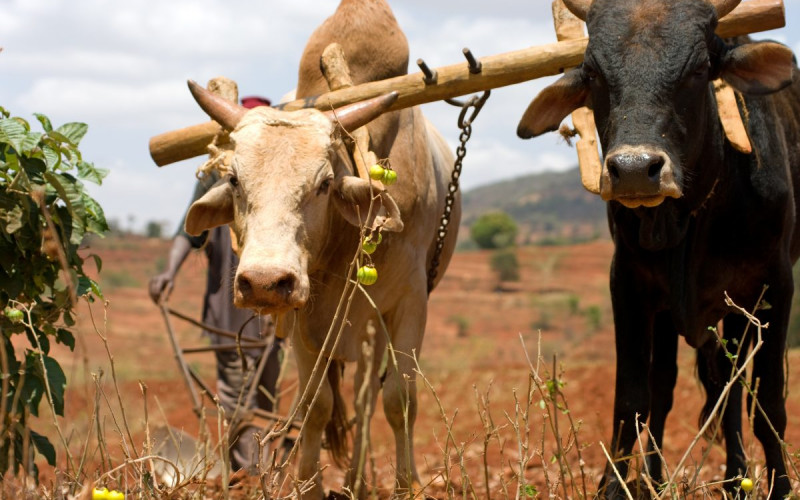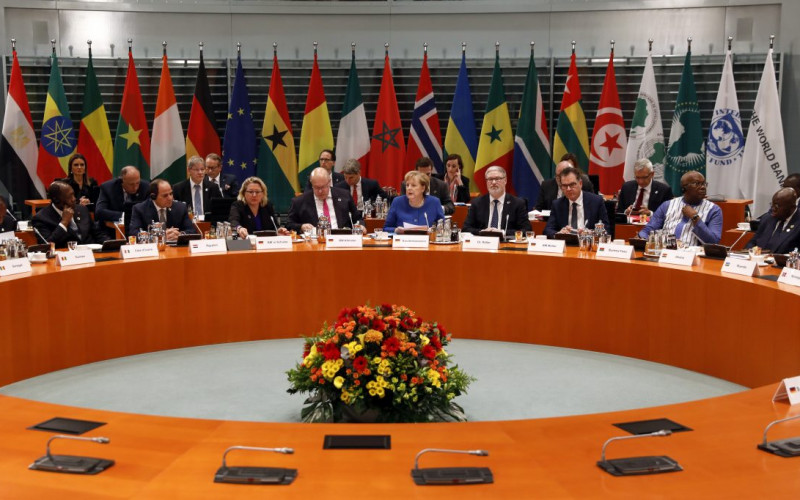Until one day, when someone suggested a surprisingly simple solution: Turn part of the playground into a cabbage patch. Now, the school produces enough vegetables to feed all 670 students every day for free, and the pupils are at their desks and eager to learn.
‘We realized that the pains the children experienced were pangs of hunger, and now when we give them something to eat, this makes them better,’ said Paulina Sethole, the principal. ‘For some, the lunch they get at school is the only meal they eat.’
Hunger is a prevalent and persistent enemy of education in Africa. A child with a gnawing stomach struggles harder to learn. The problem is increasingly compounded by HIV/AIDS, which is stifling agriculture, killing the most productive members of families and creating millions of orphans across sub-Saharan Africa, according to the UN Children’s Fund (Unicef). Malawi, for example, has seen a 150% increase in the number of street children due to food shortages and the epidemic.
But as Banareng and a growing number of schools throughout Africa show, the remedy can be vastly less complicated than the malady. For example:
- A school nutrition program organised by Unicef and the World Food Program in Swaziland showed that enrollment and attendance rates increased when children were given meals. Pilots started in five schools in 2002 have now been replicated at 460 sites serving 36,000 children.
- School canteens in Burkina Faso have been credited with increased enrollment, regular attendance, lower repetition and drop-out rates and higher success rates on exams, especially among girls.
* Studies in Malawi marked a 5% increase in enrollment and up to 36% improvement in attendance among schools that run nutrition schemes.
‘Children who had disappeared from classrooms because they were too weak to walk to school and stay awake during lessons have returned to find two guaranteed meals a day,’ the Unicef study in Swaziland stated.
School nutrition programs encourage poor parents to keep their children in school rather than sending them out to beg or find menial jobs to help the family make ends meet, according to Joy Miller Del Rosso, a consultant for the Partnership for Child Development, an international collaboration among UN and donor agencies.
Projects like the one at Banareng Primary School do more than just feed the students. They serve as teaching tools, too. In the heart of Soweto, the vast township south of Johannesburg, children rise early to tend the plots at Ikaneng Primary School. Many carry water from home in plastic bottles to nourish tidy rows of spinach, beetroot and tomatoes on what once was an empty lot strewn with rocks and weeds.
‘We don’t need fancy equipment to teach subjects like science, mathematics, technology and commerce anymore,’ said Betty Memela, a teacher. ‘We just use our gardens. The students have to measure up a plot – that’s mathematics. When the seeds germinate and grow, that’s science. When the pupils have to price and sell the goods, that is commerce.’
The originating force behind the gardens in Banareng, Ikaneng and some 12,000 other schools across South Africa is an organisation called Food and Trees for Africa, which initiated the Woolworths Trust EduPlant in association with the Department of Water Affairs and Forestry, LandCare SA and Tikkun more than a decade ago.
The gardening approach is based on permaculture – which enables crops to be grown in the same place in perpetuity, produces more energy than it uses and relies strictly on organic practices. Schools make their own fertilisers through mulching, and strong emphasis is placed on water conservation.
Florah Lesele, the principal of Ikaneng, is unambiguous about the broader benefits of the gardens. ‘The apartheid regime taught us as lacks that we can do nothing,’ she said. ‘If you say, “We are poor, we can do nothing,” you are telling your mind to be lazy. My learners know that we don’t say, “We can’t.” Being black does not limit you. You must believe that you “can”.’








